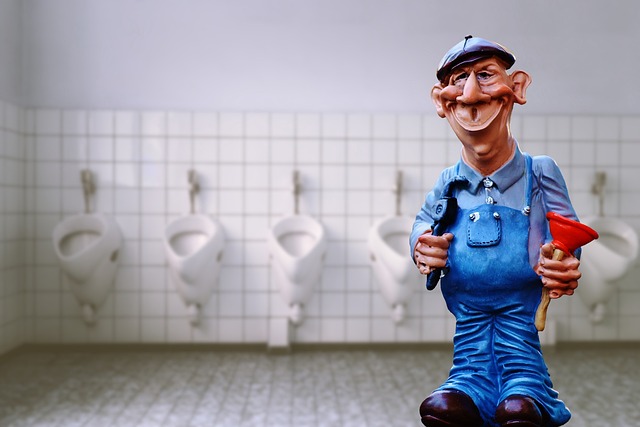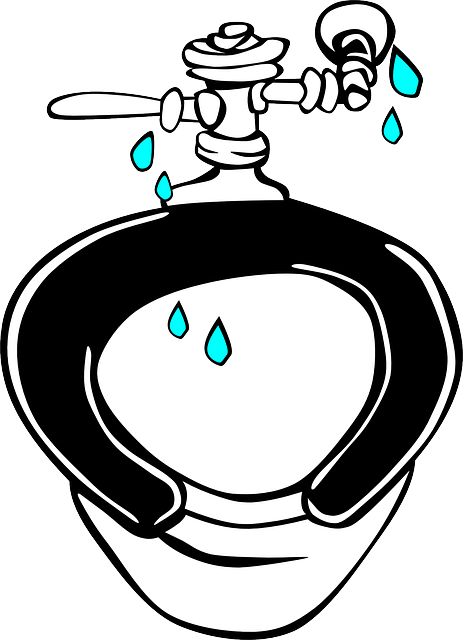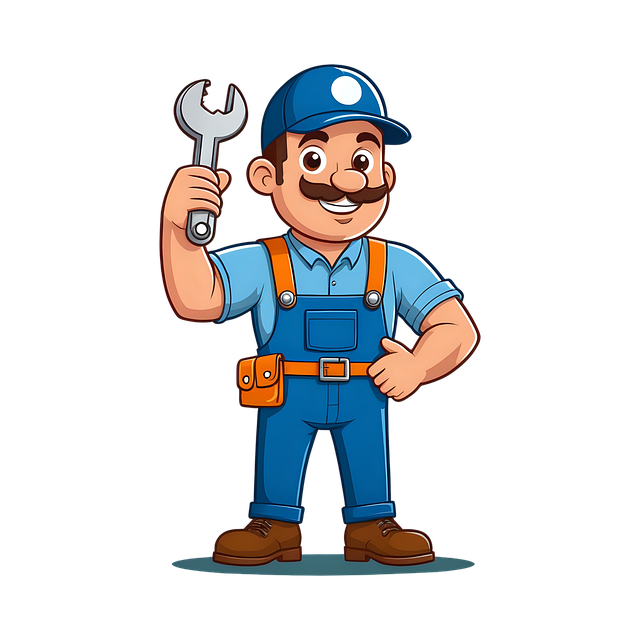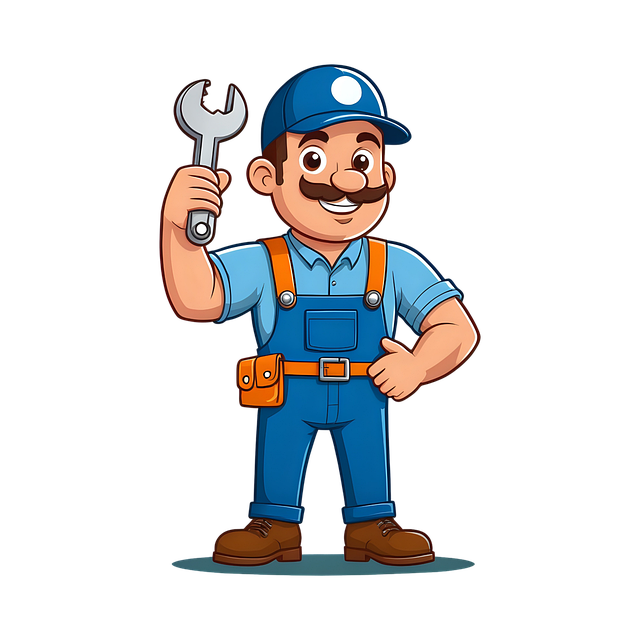When deciding between DIY and professional plumbing repairs, consider your skill level and task complexity. While DIY methods save costs for simple jobs, most plumbing issues involve intricate systems, potential hazards, or require specialized knowledge that professionals possess. Enlisting a pro ensures accurate diagnoses, code compliance, efficient problem-solving, and long-term solutions, despite initial costs. For complex or emergency repairs, opt for professional plumbers to safeguard your plumbing infrastructure.
Plumbing repairs are a common household chore, but should you tackle it yourself or call in a professional? This article guides you through the decision-making process with insights on DIY plumbing versus hiring a pro. We’ll explore your skill set and tools, the advantages of expert plumbers, and when urgent situations like leaks, clogs, or burst pipes demand immediate professional attention. By understanding these factors, you can make an informed choice between DIY and professional plumbing services.
- Assessing Your Plumbing Repair Skills and Tools
- – Understanding your comfort level with DIY projects
- – Essential tools for basic plumbing repairs
Assessing Your Plumbing Repair Skills and Tools

When considering whether to tackle plumbing repairs yourself or call in a professional, assessing your skill level and available tools is key. DIY plumbing can be appealing due to cost savings and perceived ease, especially for simple tasks like fixing a leaky faucet or unclogging a drain. However, many plumbing issues are more complex than they appear. Hidden pipes, intricate fittings, and unexpected complications can quickly turn a minor project into a major headache, potentially causing further damage if not handled correctly.
Professional plumbers possess the expertise, specialized tools, and safety equipment needed to navigate these challenges effectively. They’re trained to diagnose accurate problems, adhere to local building codes, and offer long-lasting solutions. While DIY plumbing can be satisfying for some tasks, it’s generally recommended to dial a pro for repairs that involve complex fixtures, high-pressure water systems, or potential gas line involvement, ensuring the safety and longevity of your plumbing infrastructure.
– Understanding your comfort level with DIY projects

Plumbing repairs can range from simple, one-time fixes to complex, time-consuming issues that require specialized knowledge. Before deciding whether to tackle these tasks yourself (DIY) or call in a professional, it’s crucial to understand your comfort level with DIY projects. Some people are confident and capable of handling basic plumbing problems, like unclogging drains or replacing faucets, thanks to clear online tutorials and readily available tools.
However, most plumbing repairs involve intricate systems and potential safety hazards. For instance, dealing with water damage, gas lines, or mysterious leaks often requires professional expertise. DIY enthusiasts might find themselves facing unexpected challenges, complex tools, or even health risks that can be better managed by licensed plumbers who have the training, experience, and equipment to handle such situations efficiently and safely.
– Essential tools for basic plumbing repairs

For minor plumbing issues, many homeowners opt for a DIY approach, equipped with nothing more than a few essential tools. The toolbox for basic repairs includes items like pliers, wrenches (both adjustable and pipe), a hammer, a utility knife, and a set of screwdrivers. These tools allow you to tackle tasks such as tightening loose pipes, cutting off clogs using the plunger or a snake, and replacing simple valves or fittings. Online tutorials and how-to guides can walk you through these steps, making even complex problems seem manageable.
However, when it comes to more intricate or emergency plumbing repairs, DIY methods have their limitations. Leaks from complex pipe networks, broken water heaters, or damaged sewer lines often require specialized knowledge and equipment that the average homeowner doesn’t possess. In such cases, enlisting the help of a professional plumber is advisable. Their expertise ensures that the job is done right, minimizing the risk of further damage or costly mistakes, and often saving you money in the long run.
When deciding between DIY and professional plumbing repairs, assessing your skills and comfort level is key. While some basic fixes can be tackled with the right tools, complex issues often require expertise and specialized equipment. If you’re confident in your abilities and have the necessary tools, DIY can save costs. However, for intricate problems or to ensure long-lasting solutions, enlisting a professional plumber is usually the safer bet. Consider your options, weigh the pros and cons, and choose between DIYing it or dialing a pro based on your specific needs and plumbing expertise.
